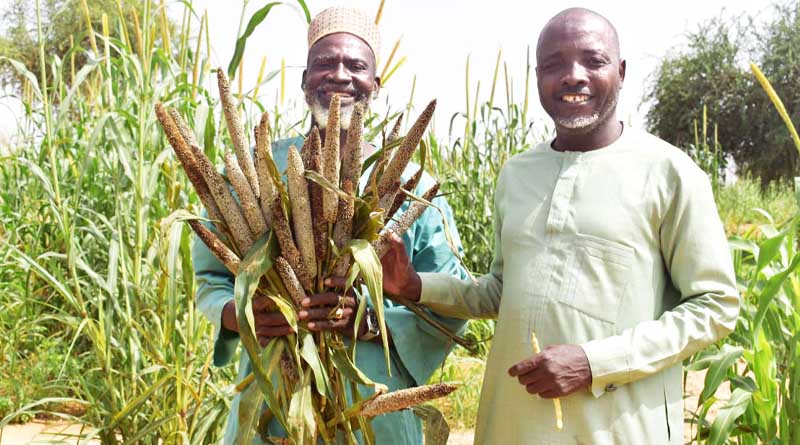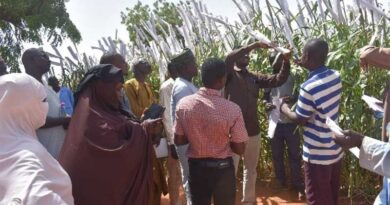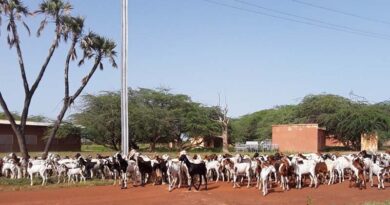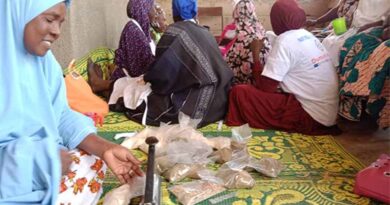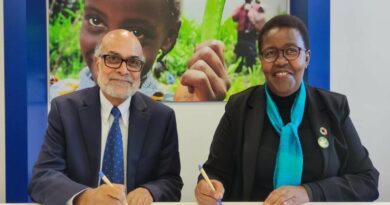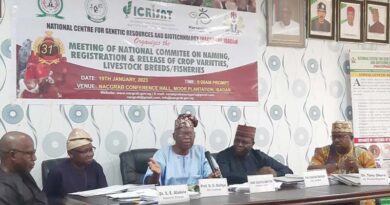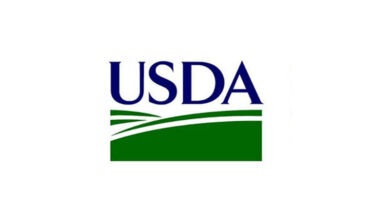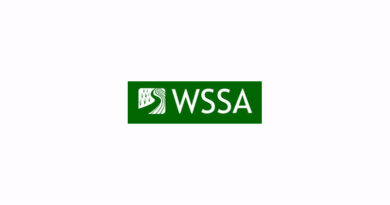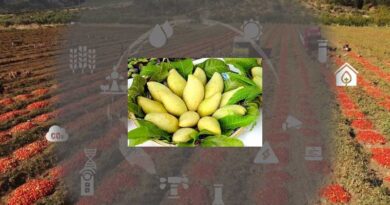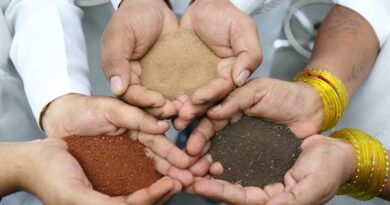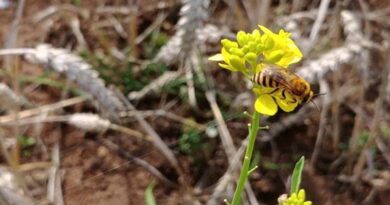ICRISAT Boosts Food Security in Niger and Chad During Ukraine-Russian Conflict
26 October 2023, EU: Amid the ongoing Ukraine-Russian conflict, the International Crops Research Institute for the Semi-Arid Tropics (ICRISAT) is extending vital assistance to farmers in Niger and Chad who are grappling with acute food crises.
The conflict’s ripple effect on global food and fertilizer prices has hit these Sahelian countries particularly hard, making food scarcer and unaffordable, especially for women and their children.
To counter these challenges and help prevent the destabilization of the region, ICRISAT’s Niamey genebank team, under the leadership of ICRISAT’s Niger Country Representative Dr Falalou Hamidou, has launched an initiative to tackle the issue.
Pearl millet and sorghum, staple crops in the Sahel, particularly Niger and Chad, are crucial for local food production. To reduce reliance on external food sources, ICRISAT is focusing on increasing the productivity of these vital crops, taking into account the effects of climate change on their production. One major hurdle to achieving this is these countries’ lack of a formal and structured seed sector. To address this, ICRISAT’s Niamey genebank is undertaking the Seeds Kits Project, generously funded by GIZ through the Crop Trust.
The project involves multiplying and distributing high-quality seeds of these crops to small-scale subsistence farmers in Niger and Chad. The project’s selection process has targeted regions where pearl millet and sorghum yields are low. Specific villages were identified through vulnerability assessments, and households in these areas were surveyed to identify the most at-risk.
Each selected household received a valuable seed kit, containing 5kg of pearl millet or sorghum varieties. In total, 1200 seeds kits of 17 accessions were distributed in Niger, while 828 seeds kits of 8 accessions went to Chad. These kits are sufficient for planting on 2028 hectares of farmland, with a minimum expected yield of 500kg per kit.
This initiative ensures the availability and affordability of high-quality seeds for local farmers and contributes to over 50% of the annual cereal consumption for an average household, significantly enhancing food security and resilience against volatile food prices. A typical household, consisting of six people, consumes roughly 170 kg of cereals per year.
Director General of ICRISAT, Dr Jacqueline Hughes, thanked GIZ and the Crop Trust for their vital support to the Niamey genebank and said that in the heart of the Sahel, a region already facing profound challenges, the Ukraine-Russian conflict has added another layer of complexity to the struggle for food security.
ICRISAT is unwavering in its commitment to stand with all those who call the Sahel home. We will continue to provide practical support to address food security and bolster dryland resilience in the region, especially at this sensitive time” said Dr Hughes. A comprehensive monitoring and evaluation process is now underway to assess the performance of the accessions across multiple locations in Niger and Chad.
Dr Falalou Hamidou, ICRISAT’s Country representative for Niger stated that ICRISAT’s work in the field is more than just distributing seeds; it’s about cultivating hope and sustainability in the Sahel. “The cascading impact of the conflict on food prices and its profound effect on families necessitates innovative solutions, and ICRISAT and its partners are pioneering the way forward” said Dr Hamidou.
Also Read: Innovative Label Design: Revolutionizing Agrochemical Packaging in India
(For Latest Agriculture News & Updates, follow Krishak Jagat on Google News)

